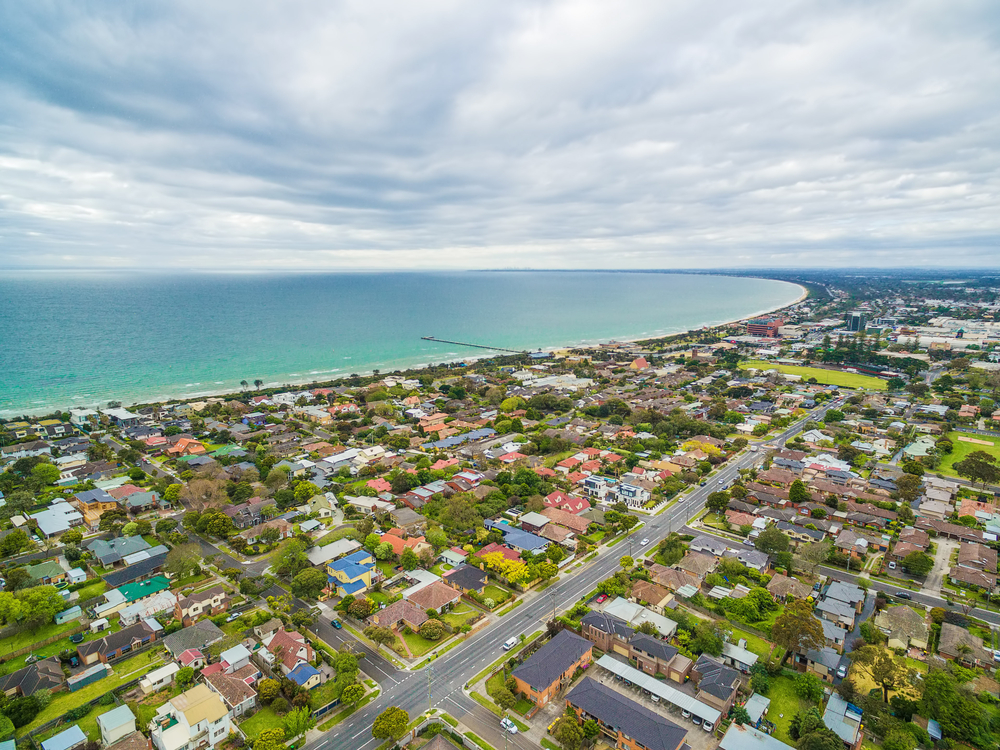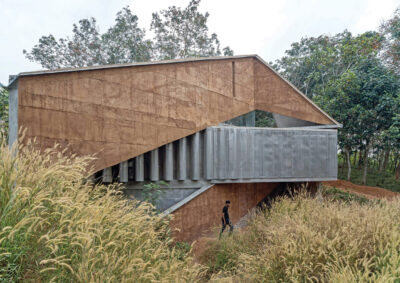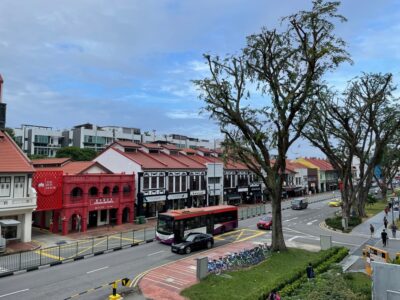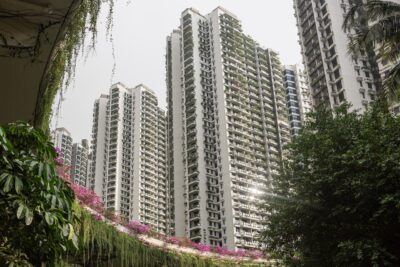Victoria’s stamp duty changes to have a ripple effect on Australian market
The hike in stamp duty is likely to have the effect of pushing people into a cheaper property as they’re squeezed out of the top end

In Australia, the Victorian government’s proposal to increase stamp duty on properties on sale for more than AUD2 million is likely to create a “ripple effect” on the property market, as buyers will refrain from purchasing higher-priced properties, reported Domain.
The plan has concerned the real estate and construction sectors, describing the one percent increase in stamp duty as “a tax on families, jobs, and property construction.”
Shane Oliver, AMP Capital chief economist, said “I guess there isn’t a lot of sympathy for high-end property buyers, but it’s fallacious to think you’re only going to be impacting the top end. It does affect the whole property market.”
The extra stamp duty is likely going to push people into cheaper properties, buying one for AUD1.8 million if they can’t afford an AUD2million home.
“It’s a ripple effect and makes these ‘cheaper properties’ more expensive as people are squeezed out of the top end,” Oliver said. “The impact to an AUD500,000 home may be minor but it’s still likely to have a big impact on properties worth AUD1 million or even AUD800,000.”
This effect may be received particularly in Melbourne’s suburbs with AUD2 million median house prices, accounting for more than nine inner-city suburbs.
While Victoria looks to increase its stamp duty charges, the New South Wales government had shown evident efforts to move away from the property transaction charge and a land tax instead, said Matthew Hassan, Westpac senior economist.
Hassan added, “Everyone is saying stamp duty is one of the most inefficient taxes we have in Australia — it’s an impediment to the market — we really should be looking at moving away from state government dependence on stamp duty.”
More: Bank of Mongolia makes mortgage more affordable through 6% loans
The extra taxes are perceived by the Victorian government as a strategy to lift the state out of COVID-19 related debt, in part due to months of lockdowns to stop the spread of the coronavirus.
The local property market was stagnant at the time, but Melbourne’s house prices have boomed since fully operating, with low-interest rates driving the recovery.
Nevertheless, for the first time in 18 years, the Real Estate Institute of Victoria, Property Council of Australia, Urban Development Institute of Australia, Housing Industry Association, and Master Builders Victoria had come together to ask the government for more consultation over the hike in stamp duty.
Recommended
Meet the vagabond architect behind India’s housing scene
Vinu Daniel is helping to shake up India’s home building setting
Where Asian real estate stands in a fragmented, warmer world
Asia’s real estate industry faces many and varied challenges as external factors continue to bite
6 sights to see in Singapore’s Marine Parade
Handily located Marine Parade has emerged as a vibrant investment choice in the Lion City
There’s a township dedicated to health and wellness in Malaysia
Property seekers have their health needs catered for at KL Wellness City








